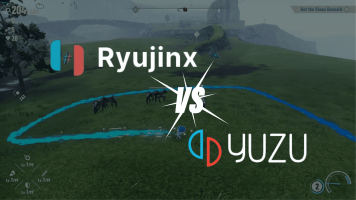Earlier this year, for instance, the ESA's lawyer Steve Englund was quizzed on the topic of game preservation in a hearing on the subject and said that there's "[no] combination of limitations [ESA members] would support to provide remote access", before going onto state that physical buildings housing collections of vintage games aren't the answer. And it seems this issue isn't just exclusive to the Western institutions.
In a new report from the Japanese website Yomiuri, it was revealed that The National Diet Library's collection of 3,300 games, situated in Chiyoda, Tokyo had only been accessed 16 times in the last two years, due to an agreement with unnamed organizations to restrict access to research purposes only "to prevent harming the interests of software developers" (as spotted via Gosokkyu).
According to the report, there was a general worry that people would treat the collection as a game center — something that has attracted criticism from politicians and researchers who believe the games should be more widely available as a resource for game developers and for recreation.
It's disappointing to see genuine attempts at game preservation from official institutions being stymied in this way, and even more deflating seeing such a valuable resource seemingly just going to waste.
Hopefully, in the future, these restrictions can be relaxed, but we're not exactly holding our breath, due to the historical opposition to these types of initiatives.






